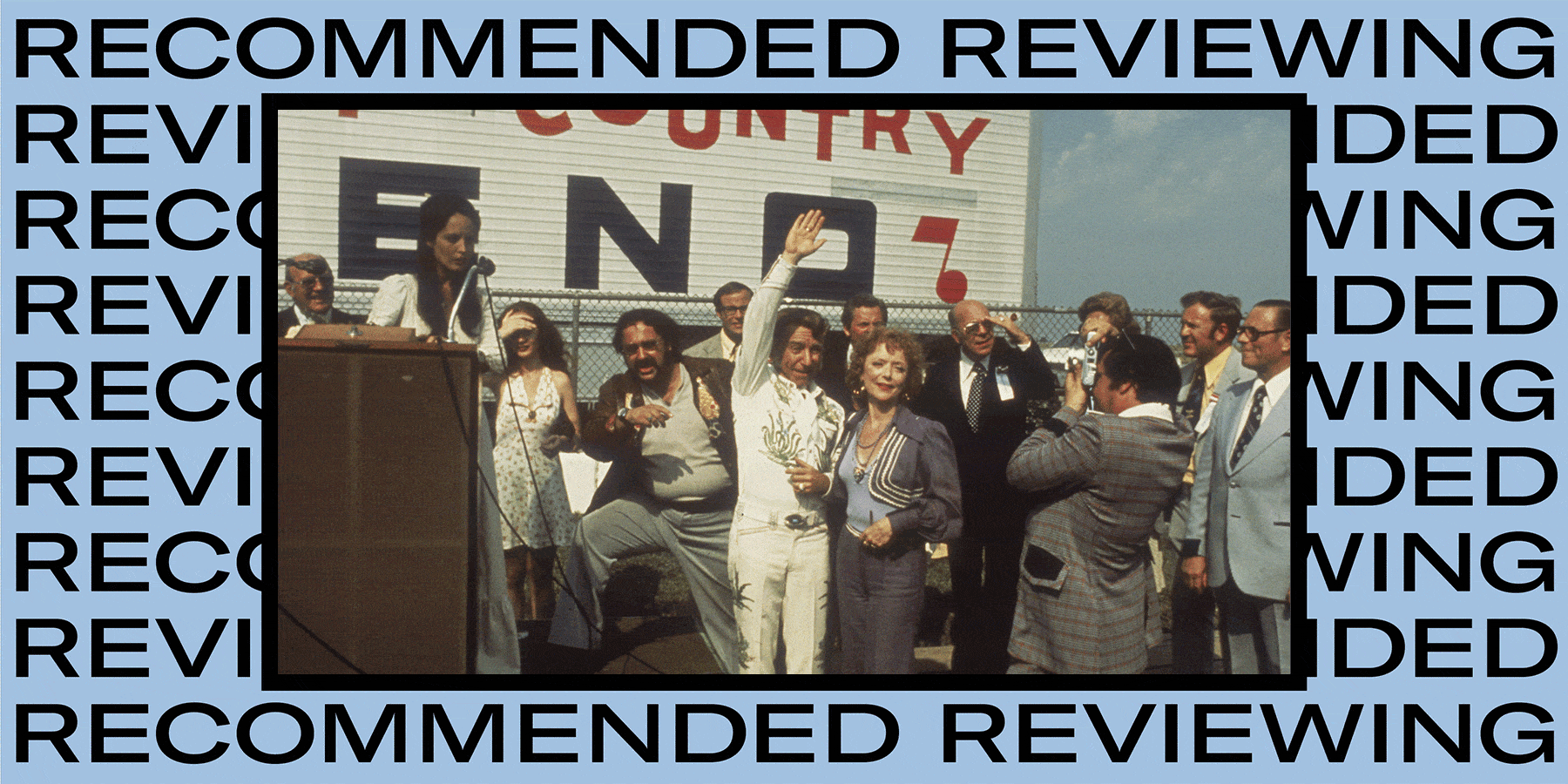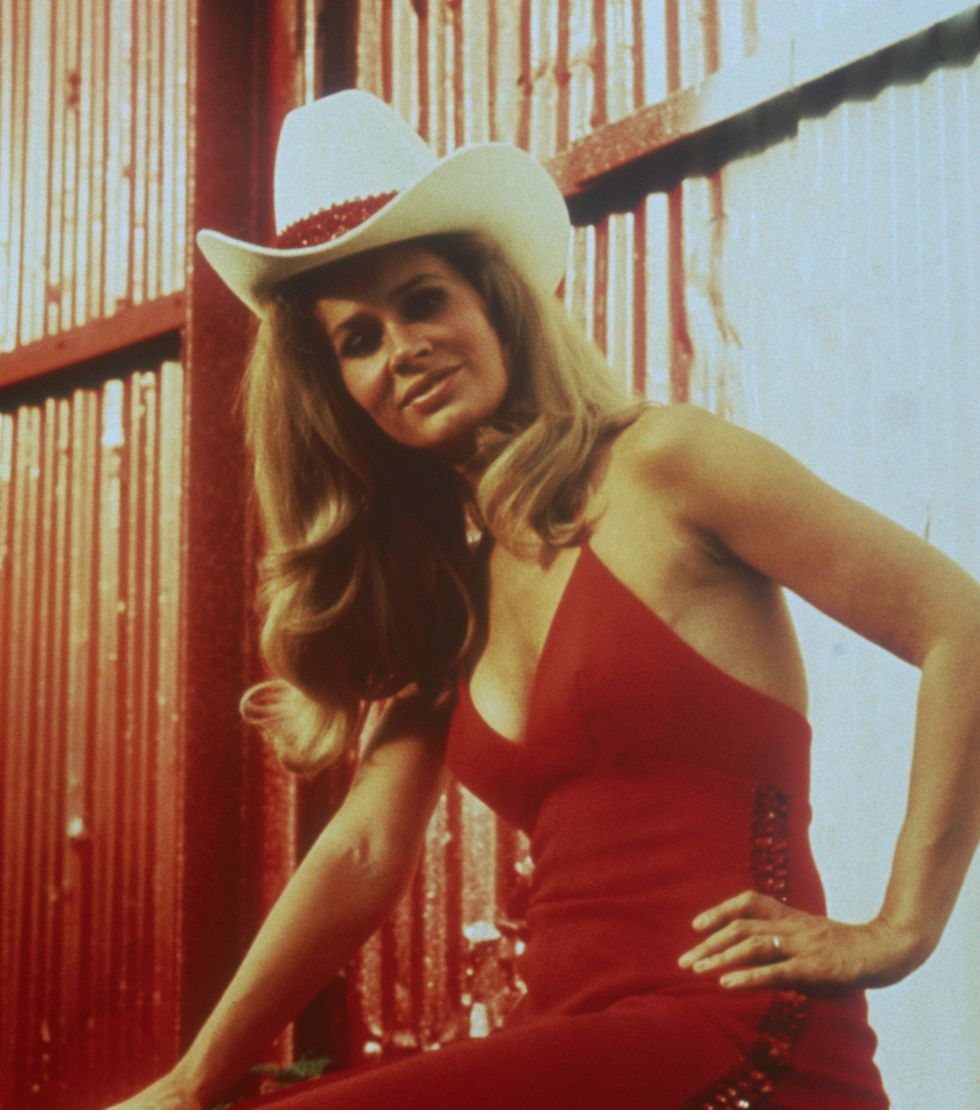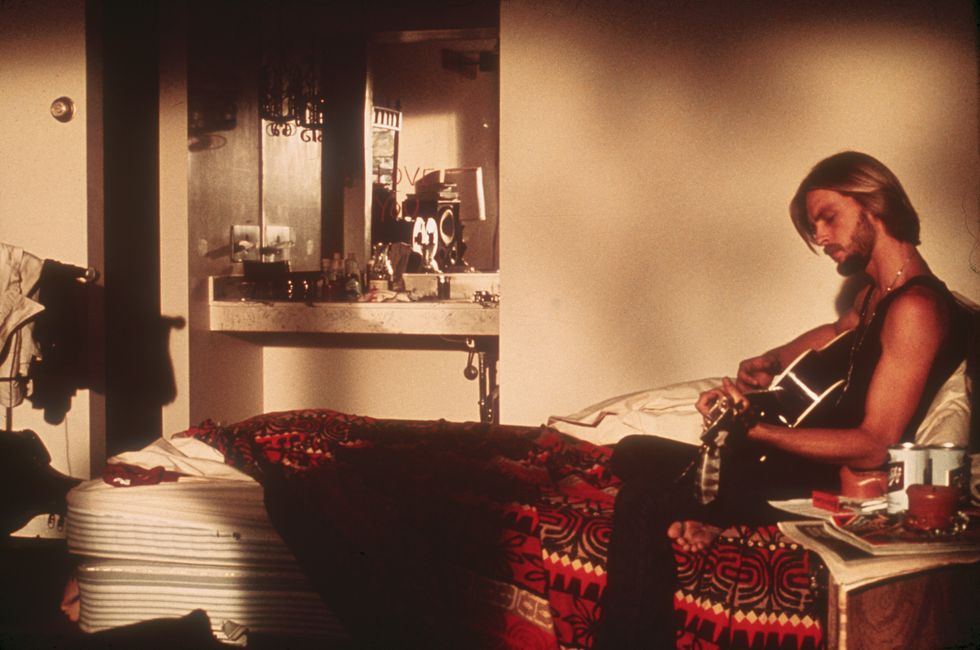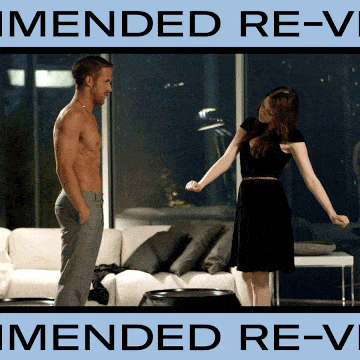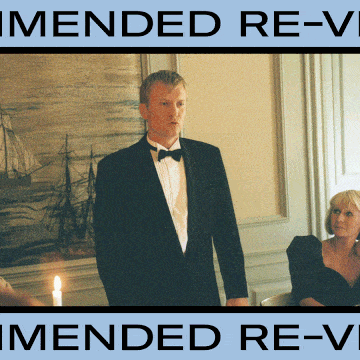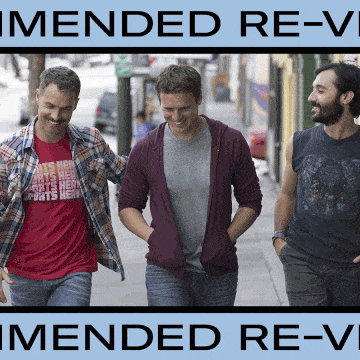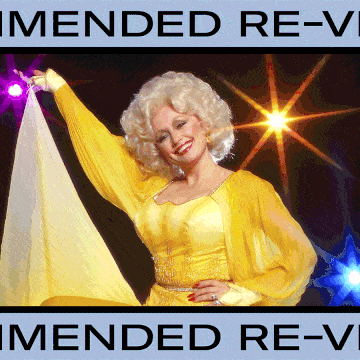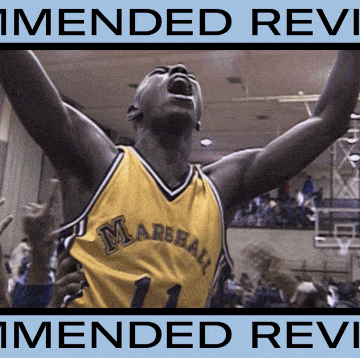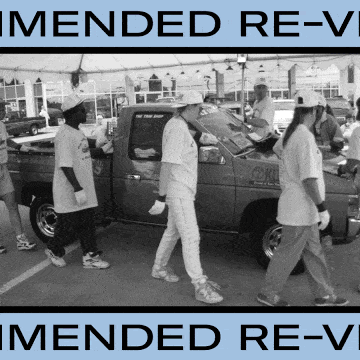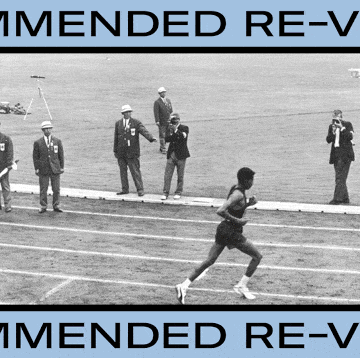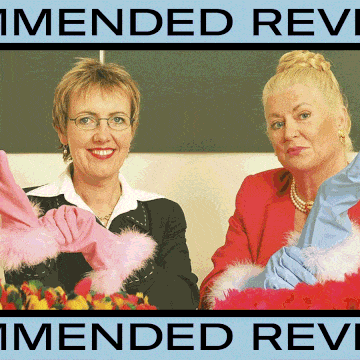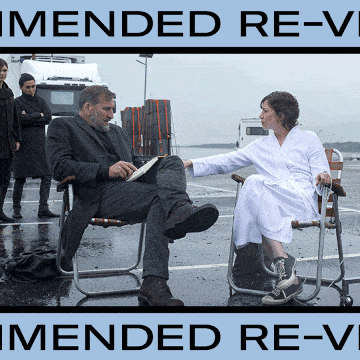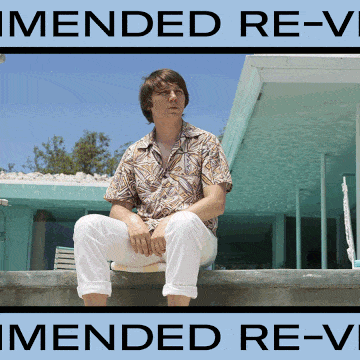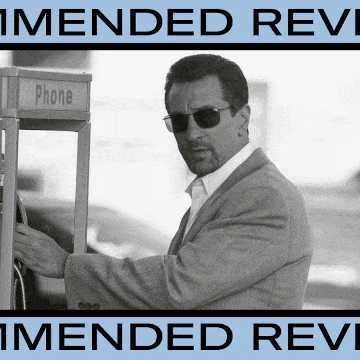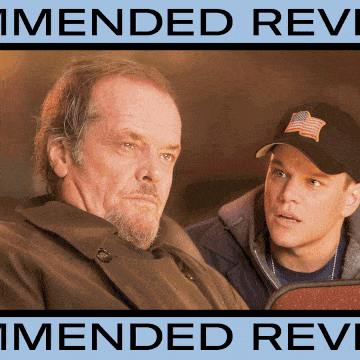If you haven’t been back to the cinema yet, you’ll want to make absolutely sure that first trip is worth spending two hours shallow-breathing into your PPE. Luckily for you, this month a 4K restoration of Robert Altman’s 1975 masterpiece Nashville will be back into cinemas, and if you don’t want to spend your grand re-entry to the uterine darkness of the movie theatre enjoying 2 hours and 40 minutes of one the all-time greatest ensemble satires about the dark heart of American cultural and political life then, well, we just can’t help you.
Widely considered Altman’s masterwork – though admittedly given that his films include M*A*S*H, McCabe & Mrs Miller, The Player and Short Cuts, the pickings are rich – Nashville is set in the days leading up to a political rally being held ahead of the upcoming 1976 Presidential Election by a mysterious politician, Hal Phillip Walker of the Replacement Party. In the opening scenes, we watch his megaphone-topped van drive through the city blasting out inspiring (or are they menacing?) messages of political insurrection.
Also in town are a cast of musical stars of varying degrees of celestial grandeur, from fragile country music sensation Barbara Jean (Ronee Blakley), cantankerous rhinestone-studded Haven Hamilton (Henry Gibson), and incestuous folk-rock trio Bill, Mary & Tom (Allan F. Nicholls, Cristina Raines and Keith Carradine) to tone-deaf waitress Sueleen (Gwen Welles) and raggedy wannabe Winifred (Barbara Harris). All have ambitions of varying scales, and all believe Nashville holds the answers.
Then there are the weirdos whose motives are less clear: Shelley Duvall as kooky teenage groupie Martha with a penchant for wigs and members of the opposite sex; Geraldine Chaplin (daughter of Charlie) as Opal, a British reporter purportedly from the BBC who finds her way into every nook and cranny with the determination of dry rot; and David Hayward as Kenny, a sweaty-browed young man of few words who keeps an ominously tight grip on his fiddle case.
But of course this is Altman, so the above list doesn’t even begin to capture the full smorgasbord of characters on offer – we haven’t even mentioned Lily Tomlin or Ned Beatty or Karen Black (below) or Jeff Goldblum driving a ridiculous customised tricycle – and not forgetting the snatches of conversations overheard in corridors or street corners from people never named or seen again (recorded on an innovative multi-track sound system first developed for filming golf tournaments). There are teacup-dramas everywhere you look, as characters collide in different combinations; this is cinema at its most chaotic and colourful.
The film was shot in Nashville in 1974, from an original script by Joan Tewkesbury (though Altman and cast wandered from it considerably), and it is clear that the America it portrays is still reeling from its recent history: from the Vietnam War, from Watergate, from the assassinations of both Robert and John F Kennedy. The casual racism and sexism espoused and experienced by certain characters in the film also make it clear that the positive social changes of the era – from feminism to the civil rights movement – still had much ground to cover.
In fact, Nashville is littered with references to guns and violence and car accidents, from the white dummy rifles dandled by the majorettes of the Tennessee Twirlers who greet Barbara Jean when her private jet touches down at Nashville International Airport, to the enormous freeway pile-up that happens just after. Reporter Opal watches the whole thing from the passenger seat, delighted and aghast: “It’s America! All those cars smashing into each other, all those mangled corpses!” Altman is hinting, and not too demurely, that in the story to come – and perhaps also in the decades – things are not going to go well.
Upon its release, Nashville met with critical acclaim from the likes of Rogert Ebert and Pauline Kael, and dismay from some in the country music scene who felt the film was a cruel satire of their culture and values (Altman chose to let the actors write and perform their own music rather than using established country stars, though this was likely a fiscal decision as much as a critical one). It was largely overlooked at the Oscars – bar the best song nod for “I’m Easy”, written and performed by the dreamy Carradine (below) – though it has the dubious honour of still being the "most nominated" film at the Golden Globes and was selected by the Library of Congress for inclusion in the United States National Film Registry in 1992.
Today Nashville is a “greatest films of all time” list regular, but perhaps the film’s most striking legacy is its prescience. Given our own recent experiences of political and social upheaval, its themes are no less vital now: the irresistibility and fallibility of the American dream; America as a cautionary tale of capitalism-gone-haywire; the latent violence embedded in its very constitution that seems destined to surface.
Underpinning this all is a warning about the collective amnesia that can descend after trauma. Following the film’s dramatic denouement, those left standing join together in a rousing sing-a-long of a song called “It Don’t Worry Me” (“You might say that I ain’t free, it don’t worry me”). And don't think it's all about giving America a kicking: as Haven Hamilton surveys the devastation he famously exclaims, "This isn't Dallas, it's Nashville! They can't do this to us here in Nashville!" Bad things happen anywhere and everywhere, especially when you get complacent.
The most affecting shot in the whole of Nashville, however, comes near the shocking plot twist, but a heartbeat or two before it. It is a full-frame view of a giant Stars and Stripes banner lashed to the columns of the Nashville's own Parthenon at which Hal Phillip Walker’s rally will finally be held. The camera holds still as a single gust of wind causes the fabric of the flag to billow, and we watch with a peculiar dread as the column of air moves beneath the flag from the left side and out to the right. Is it powerful? Yes. Is it subtle? Hell no. This is Nashville, remember?
The 4K restoration of Nashville is released in selected UK cinemas from 25 June. The retrospective season Robert Altman: American Outsider is on at the BFI in London until 31 July bfi.org.uk

Miranda Collinge is the Deputy Editor of Esquire, overseeing editorial commissioning for the brand. With a background in arts and entertainment journalism, she also writes widely herself, on topics ranging from Instagram fish to psychedelic supper clubs, and has written numerous cover profiles for the magazine including Cillian Murphy, Rami Malek and Tom Hardy.
